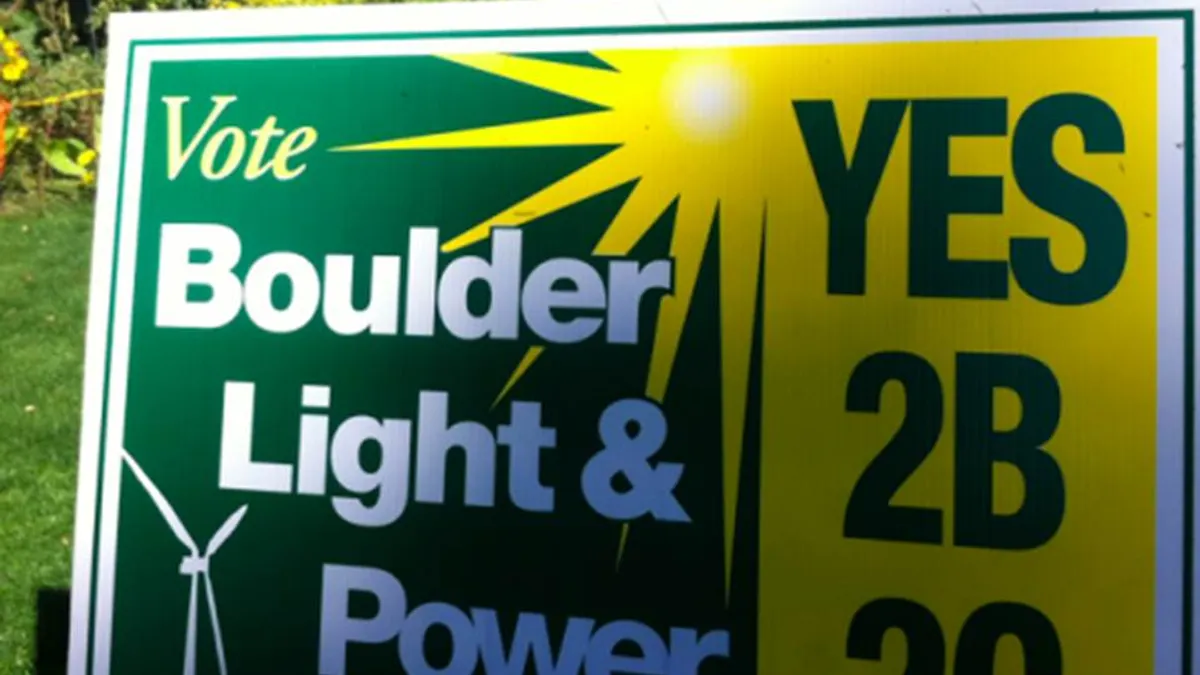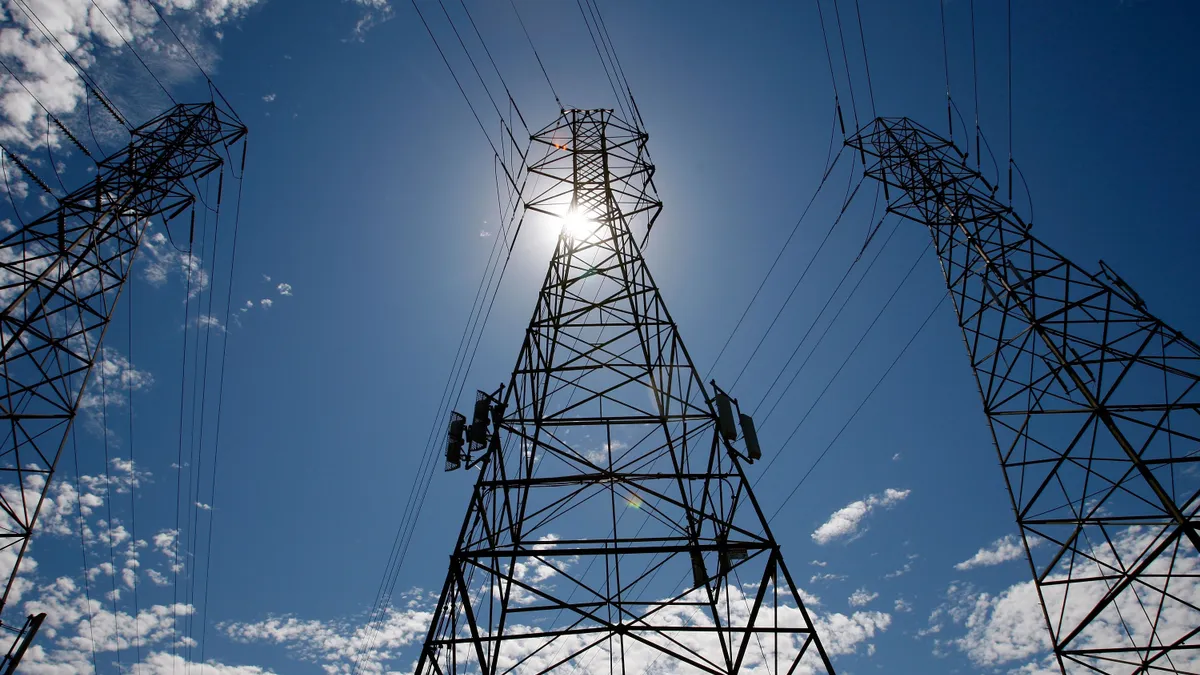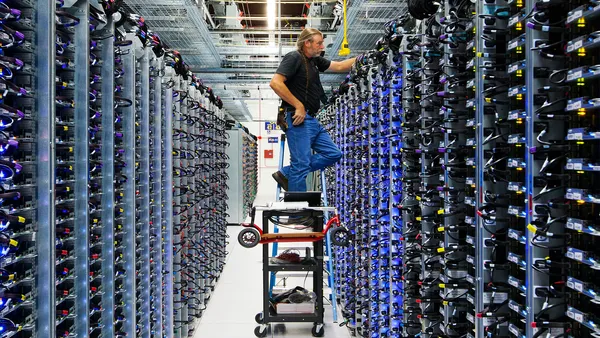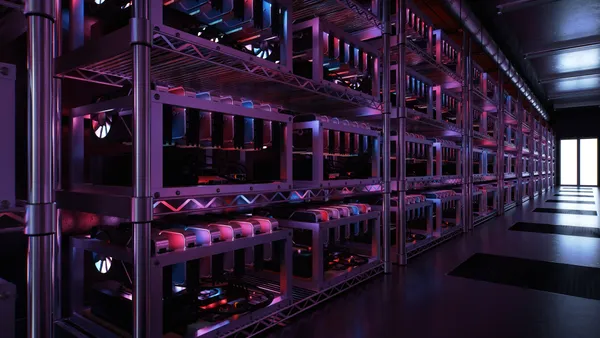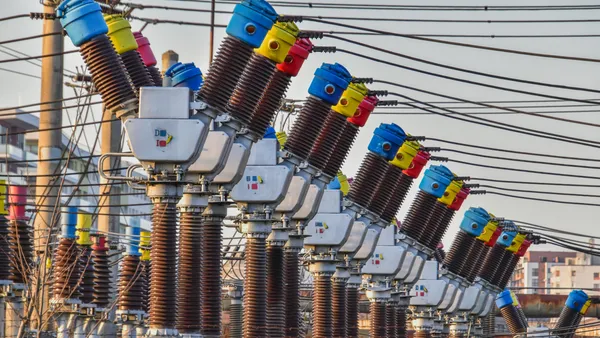Dive Brief:
- The city of Boulder, Colo., has released a new analysis of its plan to form a municipal utility, concluding it would be cost effective over two decades and would result in a generation mix including 80% renewables by 2030.
- The public utility would make financial sense in three of four scenarios the city examined. However under one supply plan, which would include purchasing electricity from Xcel Energy for 20 years, the finances do not pencil our and the city would fail to meet renewables goals.
- Boulder has been pushing to take over Xcel Energy's distribution system for five years, in an effort to save customers money and bring on more renewable energy. The process may be nearing a close, however: Boulder has recently filed a supplemental application addressing concerns related to its plan.
Dive Insight:
As the city of Boulder closes in on the final stages of its municipalization plan, an updated financial analysis aims to remind regulators and citizens alike that running its own utility makes financial sense. The new tool looks at financial strength through two metrics: savings compared to Xcel Energy, and cash flow. And according to Boulder, "by each measure, a city-run utility would be cost effective."
After expenses and debt payments, Boulder's analysts shows a municipal electric utility would generate approximately $13 million in savings over five years and over $100 million over 10 years. And the municipal utility would have positive cash flow in each year of the 20-year forecast, approximately $57 million after five years and $200 million after 10 years.
“These are impressive revenues, and they would stay in our community,” Heather Bailey, executive director of Energy Strategy and Electric Utility Development, said in a statement. “This money could fund any number of programs, from significant improvements to reliability, or lower rates compared to Xcel, to the kind of innovative and equitable projects we know our community will expect.”
One issue that has hampered the campaign relates to Xcel assets outside the city's incorporated boundaries. Last year regulators rejected portions of Boulder's plan, determining that taking infrastructure in unincorporated areas violated the principles of monopoly operation. But in September, the city filed a supplemental application to form a municipal utility, including $267 million in construction while leaving out provisions to serve customers outside the city.
Boulder has made the financial analysis tool public, and vowed to update it as new metrics become available. Officials say they created the tool to evaluate cash flows and budgets, generate long-term forecasts, and test the sensitivity of key variables and assessing financial metrics. Yael Gichon, Boulder's energy sustainability coordinator, said the will also be "useful in the operations and financial planning of a future city-owned utility. It is quite similar to tools other utilities use in their operations today."



